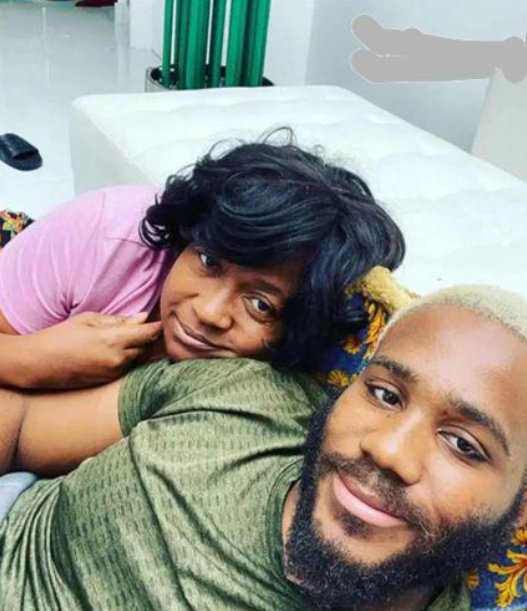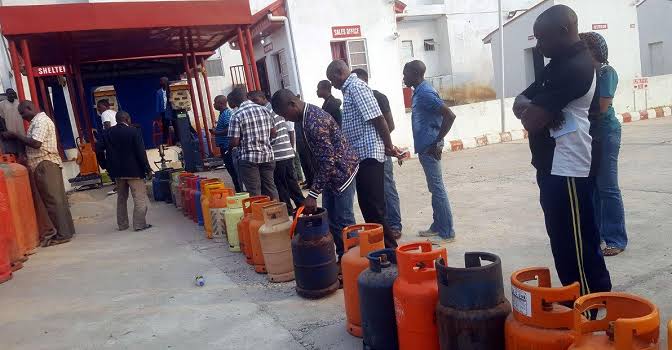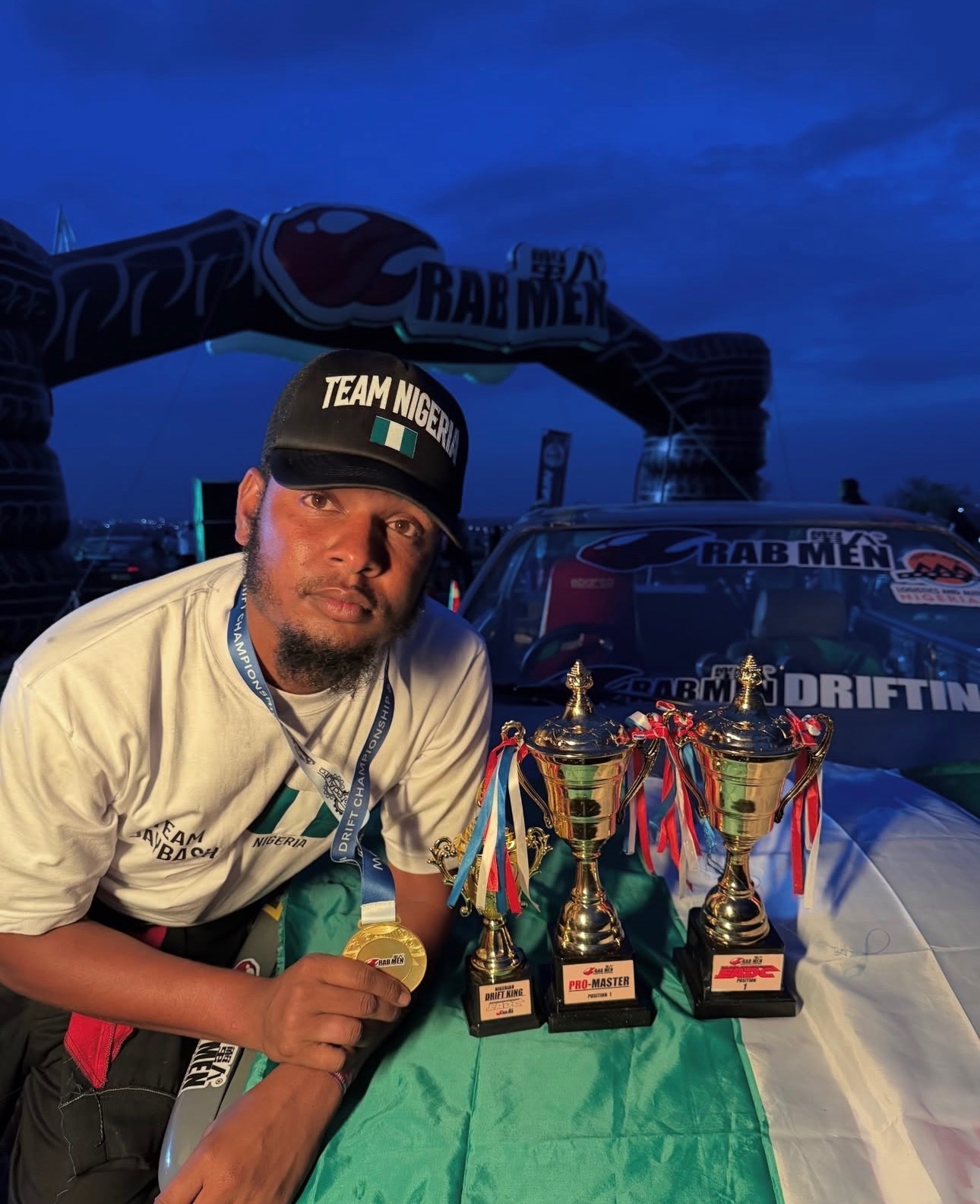
“E Remain God”: Kiddwaya Fires Back at Critic Over Irish Passport, Sparks Online Debate

Nigerian reality TV star and billionaire heir, Terseer Waya, popularly known as Kiddwaya, has once again sparked heated discourse on social media after a fiery exchange with a critic over a seemingly innocent tweet about his Irish passport. The social media storm began when Kiddwaya took to X (formerly Twitter) to appreciate his mother for facilitating his Irish citizenship, calling it the best thing she ever did for him. While many praised the gesture and expressed admiration for the bond between mother and son, one user decided to question the sentiment, implying that Kiddwaya should be too grown and accomplished to still benefit from his mother in such a way.
The critic, known as @BadpreneurJiggy, responded mockingly, “So as big as you are, your mom still does this for you?”—a jab clearly intended to shame Kiddwaya for what the critic perceived as reliance or privilege. But the former BBNaija housemate did not let the comment slide. He came back with a blistering clapback that didn’t just defend his position, but struck a nerve across social classes and generations.
“Your government is not doing for you. Parents are not doing for you. Your friends are not doing for you. You yourself are not doing it for you. E remain God and so far we cannot see those blessings,” Kiddwaya fired back in a now-viral tweet that has been reposted thousands of times.
Social media users quickly flocked to the comments section, with reactions ranging from applause to outrage. Many viewed Kiddwaya’s response as brutally honest and relatable for Nigerians navigating a system that often offers little support. Others criticized the tone, accusing him of being condescending and using his wealth to shame others.
Kiddwaya, the son of billionaire businessman Terry Waya, is no stranger to online scrutiny. Since his appearance on Big Brother Naija, he has become known not just for his charisma and lifestyle but also for his sometimes unfiltered takes on social issues. He often finds himself walking the fine line between inspiration and elitism, and this latest incident is no exception.
For many Nigerians, Kiddwaya’s words hit too close to home. In a country where young people face staggering unemployment, underfunded education, and a weak healthcare system, the sense of abandonment by government, society, and even family rings painfully true. His statement, “E remain God and so far we cannot see those blessings,” resonated like a grim anthem for a disillusioned generation. The harsh truth embedded in his words cut through the noise and exposed a wider reality—one where countless citizens are left to fend for themselves in a country that seems to forget them.
Still, others pointed out the irony in Kiddwaya’s statement. They argued that while he speaks of a lack of support, he himself benefits immensely from familial wealth, privilege, and global mobility that most Nigerians could only dream of. The Irish passport, in this context, becomes a symbol not only of escape but of inherited advantage.
“I love Kidd but let’s be honest, a lot of us don’t have billionaire parents to pull strings. He’s not wrong, but it’s coming from a place we can’t all relate to,” one user wrote.
Another defended him, stating, “He’s simply appreciating his mom. Why should that be a problem? So many of us don’t even have that kind of family support. Instead of criticizing him, maybe we should reflect on what’s really wrong with our system.”
Indeed, Kiddwaya’s original tweet wasn’t out of the ordinary. Many people of dual heritage or with access to multiple nationalities often appreciate the foresight and sacrifices of parents who help them obtain foreign citizenships, giving them greater global opportunities. But the raw nerve touched by the critic’s sarcastic question opened a deeper wound about societal expectations, envy, and the ever-present class divide in Nigerian life.
The clapback has since sparked several spin-off conversations. Has Nigeria failed its youth? Is it wrong for adults to still receive support from parents? Are children of the wealthy obligated to remain silent about their advantages? And most importantly, in a world where luck, connection, and privilege often outweigh merit, who truly gets to speak without being labeled as “out of touch”?
Some believe the entire situation reflects a culture of bitterness fueled by frustration and hardship. “We’re angry at Kidd because we’re angry at the system,” a popular commentator tweeted. “He’s just a target because he reminds us of everything we wish we had.”
Yet, Kiddwaya has remained unbothered since his response. Known for his confidence and swagger, he continues to engage with fans, promote his brand deals, and share glimpses into his luxurious lifestyle. If anything, the backlash only amplifies his presence and fuels the online engagement that keeps his brand alive.
Interestingly, this isn’t the first time Kiddwaya has courted controversy for expressing pride in his background. He has previously made headlines for making bold statements about success, work ethic, and the entitlement culture he believes plagues Nigerian youth. Whether one agrees with him or not, Kiddwaya has mastered the art of provocation—and the spotlight that follows it.
As the dust settles on this latest exchange, one thing is clear: Kiddwaya’s clapback was more than just a defense—it was a mirror held up to a struggling nation, reflecting both privilege and pain, both truth and contradiction. Whether he intended it or not, his words have rekindled a dialogue about identity, opportunity, and societal responsibility in modern-day Nigeria.
And perhaps that’s the real takeaway—not the Irish passport, not the billionaire parents, not the snarky critic, but the larger question of what it means to survive, to be supported, and to thrive in a system where the odds are so often stacked against the everyday person.
In the end, as Kiddwaya rightly said, “E remain God”—a bitterly humorous but haunting reminder that for many Nigerians, divine intervention often feels like the last and only hope.


